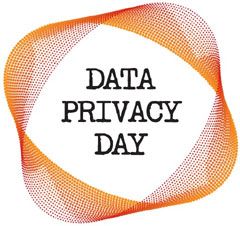Open Payments is an online program and public website that  provides information about financial relationships between drug and medical device manufacturers and healthcare providers.
provides information about financial relationships between drug and medical device manufacturers and healthcare providers.
Drug and device companies must report certain payments or other transfers of value they make to physicians and teaching hospitals, including:
- Consulting fees
- Speaking fees
- Honoraria
- Payments for research activities
- Ownership or investment interests
- Meals and travel/lodging
The Centers for Medicare and Medicaid Services (CMS) then posts the reported data online.
Effective January 1, 2021, drug and device manufacturers must also report payments or other transfers of value they make to the following additional provider types:
- Physician assistants
- Nurse practitioners
- Clinical nurse specialists
- Certified registered nurse anesthetists and Anesthesiologist assistants
- Certified nurse-midwives
Healthcare providers themselves are not required to report data to Open Payments. However, it behooves them to review and, if necessary, dispute payments reported about them.
Open Payments is one tool used by UConn Health’s Clinical Conflict of Interest Committee to identify relationships between clinicians and industry that may give rise to financial conflicts of interest.
For questions about Open Payments or the Clinical Conflict of Interest Committee, contact Alyssa Cunningham or Gus Fernandez-Wolff.
